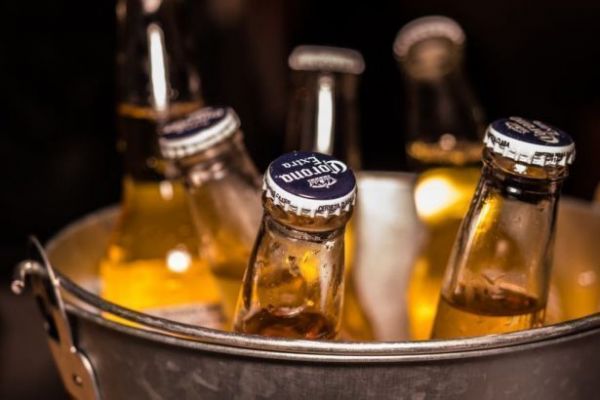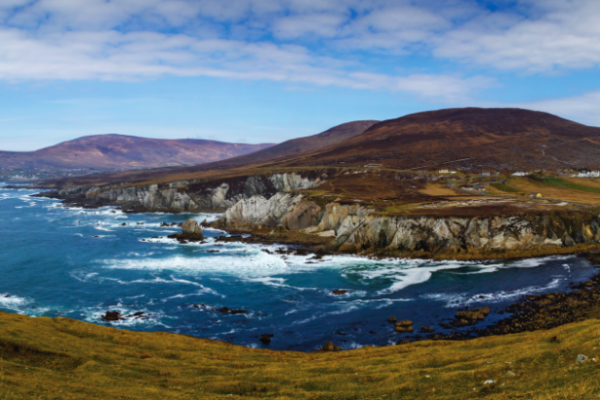The bidding war for Starwood Hotels & Resorts Worldwide made global headlines as Marriott International fended off China’s Anbang Insurance Group to become the world’s biggest hotel operator. Now Marriott has to figure out how to use its new edge in another long-simmering battle.
This one is against the likes of Expedia and Priceline Group, online travel agents with commissions that eat up 10 percent or more of what someone pays for a room. Marriott and others are fighting back with discounts and free Wi-Fi to frequent guests who book directly with them, and reminding travellers they earn zero loyalty points when reserving through other websites. The Internet agents in turn have tried to up the ante by pushing major brands lower in search results, says Thomas Allen, a Morgan Stanley analyst.
The stakes are substantial: Spending on hotel rooms in the US alone was almost $150 billion last year, up 7.3 per cent from 2014, and online travel agents captured about 15 per cent of total room nights, according to lodging-data provider Kalibri Labs. In some markets, such as Miami Beach, online agents account for a much higher percentage of bookings, says Robert Finvarb, who owns Marriotts in and around Miami.
“Regaining control of our inventory is absolutely critical,” Finvarb says.
Negotiating Power
The good news for Marriott is that size matters. It’s about to be so big - the $14 billion Starwood deal is set to close before the market opens Friday - that it will have unprecedented negotiating power. Marriott wants to reduce the middlemen’s influence, because bookings that flow through them deprive hotels of information about guest habits and spending patterns.
That’s crucial data, says David Loeb, a senior analyst at Robert W. Baird & Co. “When you own the customer, it’s more profitable.”
With Starwood, owner of 10 brands from Aloft to Westin, Marriott has more than 1.1 million rooms on six continents, almost 50 per cent more than No. 2 Hilton Worldwide Holdings Inc. “Targeting the loyal customers and keeping them in the family is critical,” says Scott Berman, principal and industry leader for hospitality and leisure at PwC.
Marriott may one day decide to blend the frequent-stay points programs of its 27 brands. Starwood’s loyalty cohort includes an outsize share of higher-spending business travellers; then-Chief Executive Officer Frits van Paasschen said in 2012 that the top 2 per cent of customers were responsible for 30 percent of profits. Starwood has about 21 million people in its program, and Marriott some 56 million. “A major reason we’re doing this deal is the loyalty programs,” says Marriott CEO Arne Sorenson.
Keeping Customers
Before Starwood, only one-quarter of Marriott’s rooms were non-US; now more than a third are. Marriott had 17 hotel brands, including Bulgari and Ritz-Carlton, pre-Starwood.
Expedia - which owns websites including Hotels.com, Hotwire.com and Travelocity.com -isn’t cowed. Hotel chains are just competing against each other when they push direct booking, says Cyril Ranque, president of lodging partner services for Expedia.
Most people are brand-agnostic and want to see the full assortment of choices that online agents can offer, he says. "We’re not seeing these efforts as changing consumer behaviour much."
Catching Up
Anyway, Ranque says, Expedia has the advantage in digital marketing and other online services with technology expertise that outstrips that of any hotel chain. Priceline, which owns Booking.com and Kayak.com, declined to comment. Expedia earlier this month said it will provide technology support to Marriott’s vacation packages sold through its website.
There are new players getting into the game. Google is making a push into travel services, with a mobile trip planner called Destinations and a new travel-guide app called Trips, and Facebook, which is enabling users to buy products they see advertised on the social-media giant’s website, may include room reservations.
"Everybody’s jumping on this booking bandwagon. Everybody realises how lucrative it is," says Bashar Wali, president of Provenance Hotels in Portland, Oregon, which owns a Westin, one of Starwood’s brands, and several independent hotels. He’s betting on Marriott using the power of its bulk to negotiate more favourable commissions, but says one thing about his industry and the online agents isn’t going to change. “It’s a love-hate relationship, and will always be."
News by Bloomberg, edited by Hospitality Ireland









